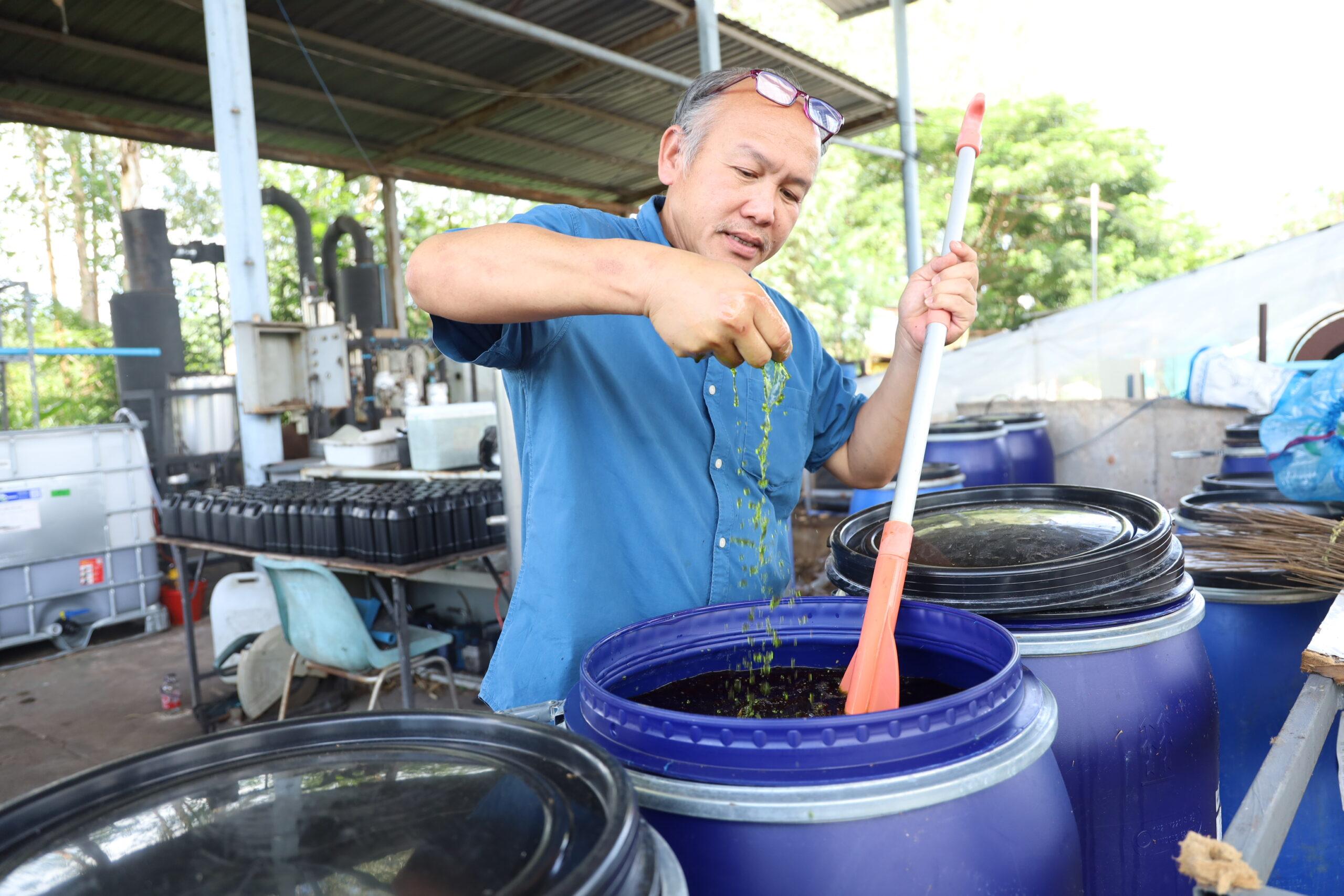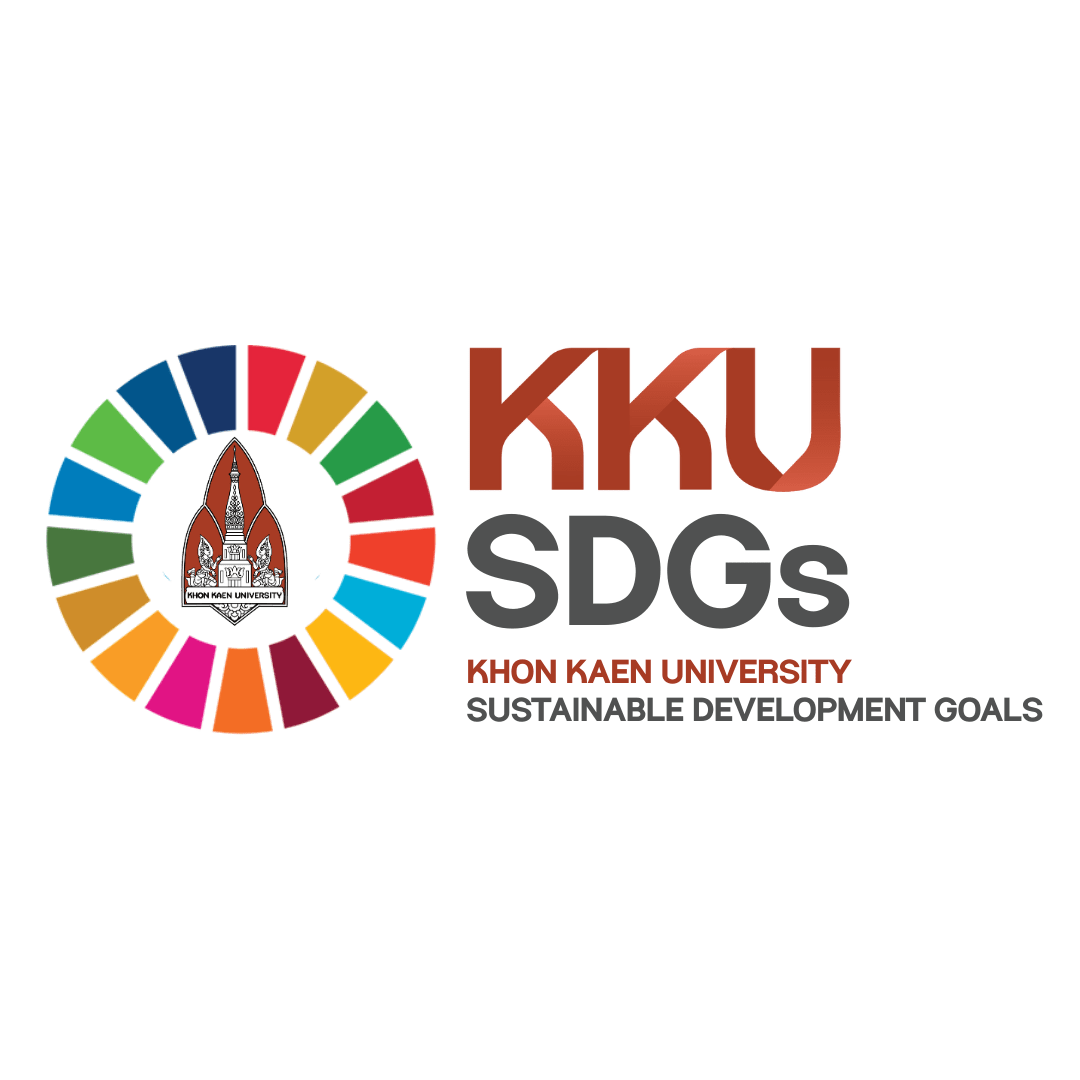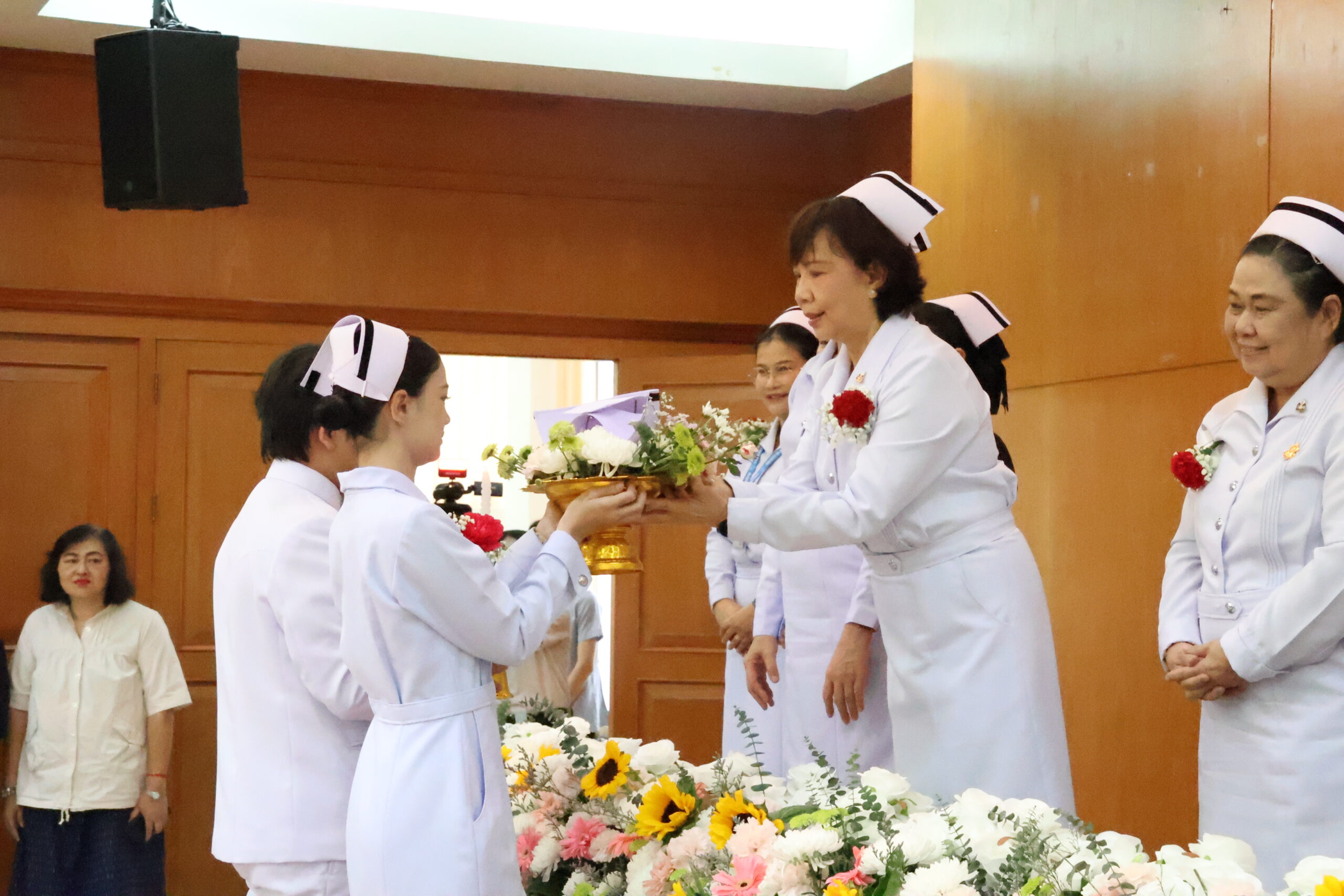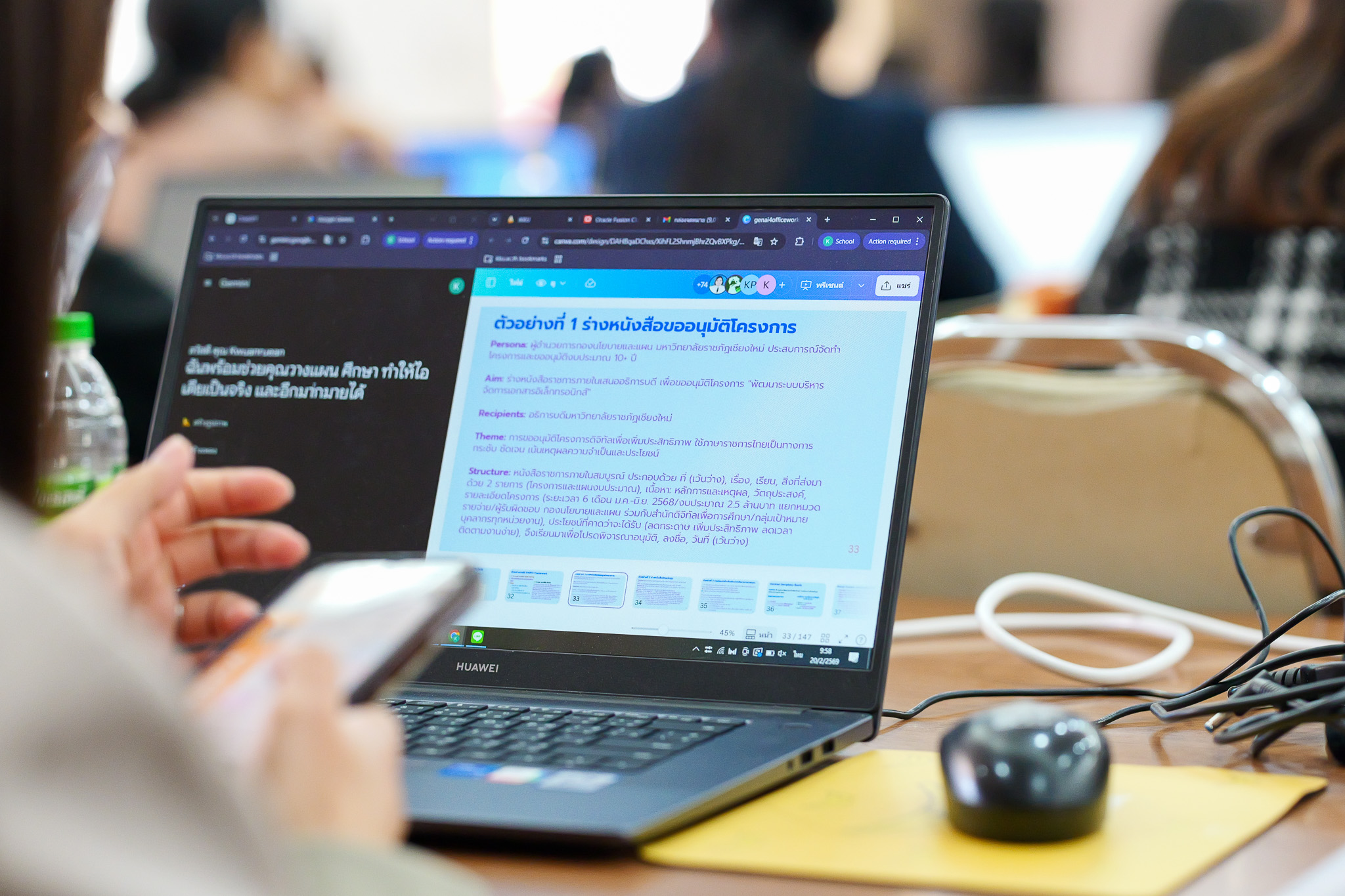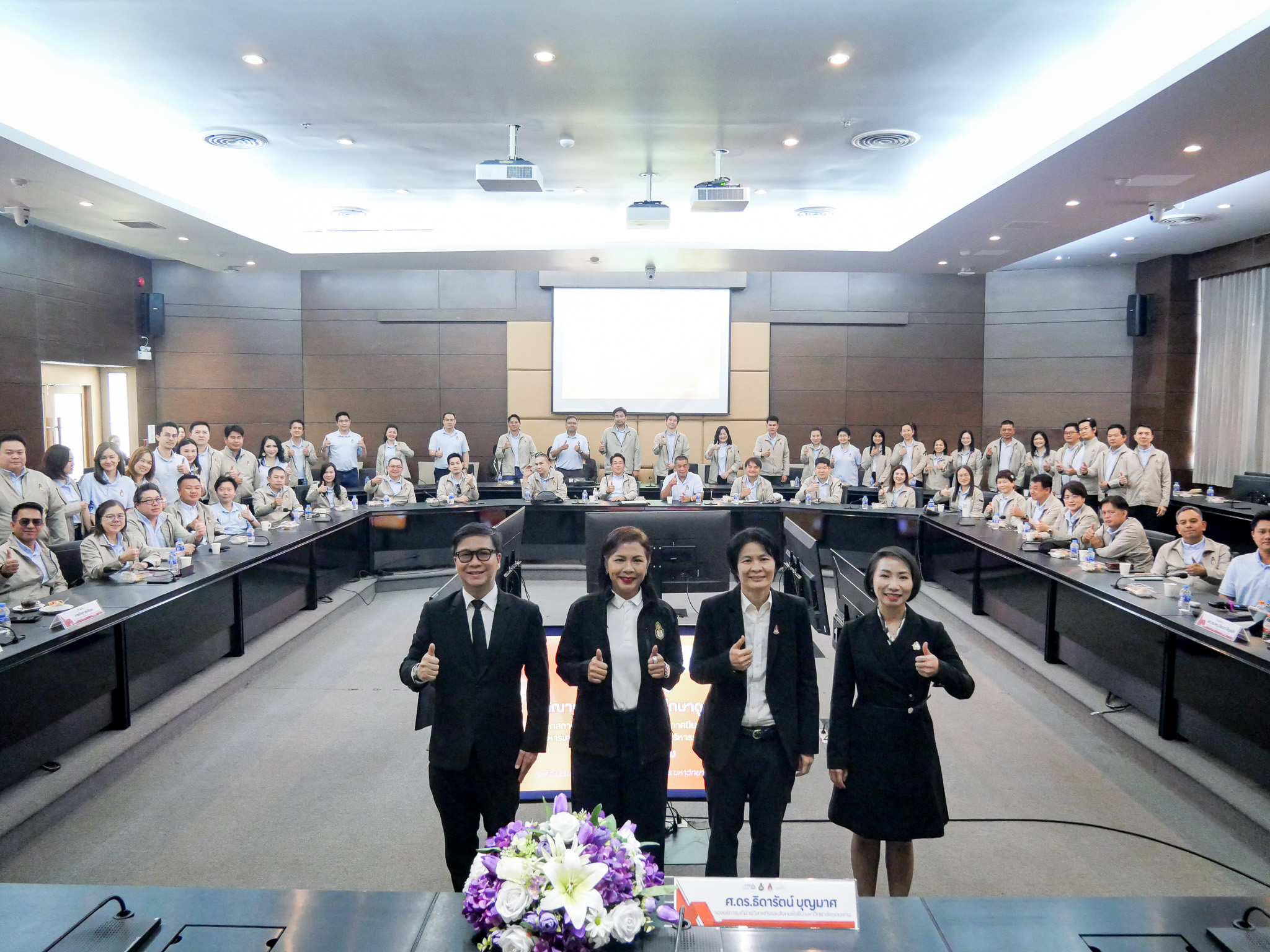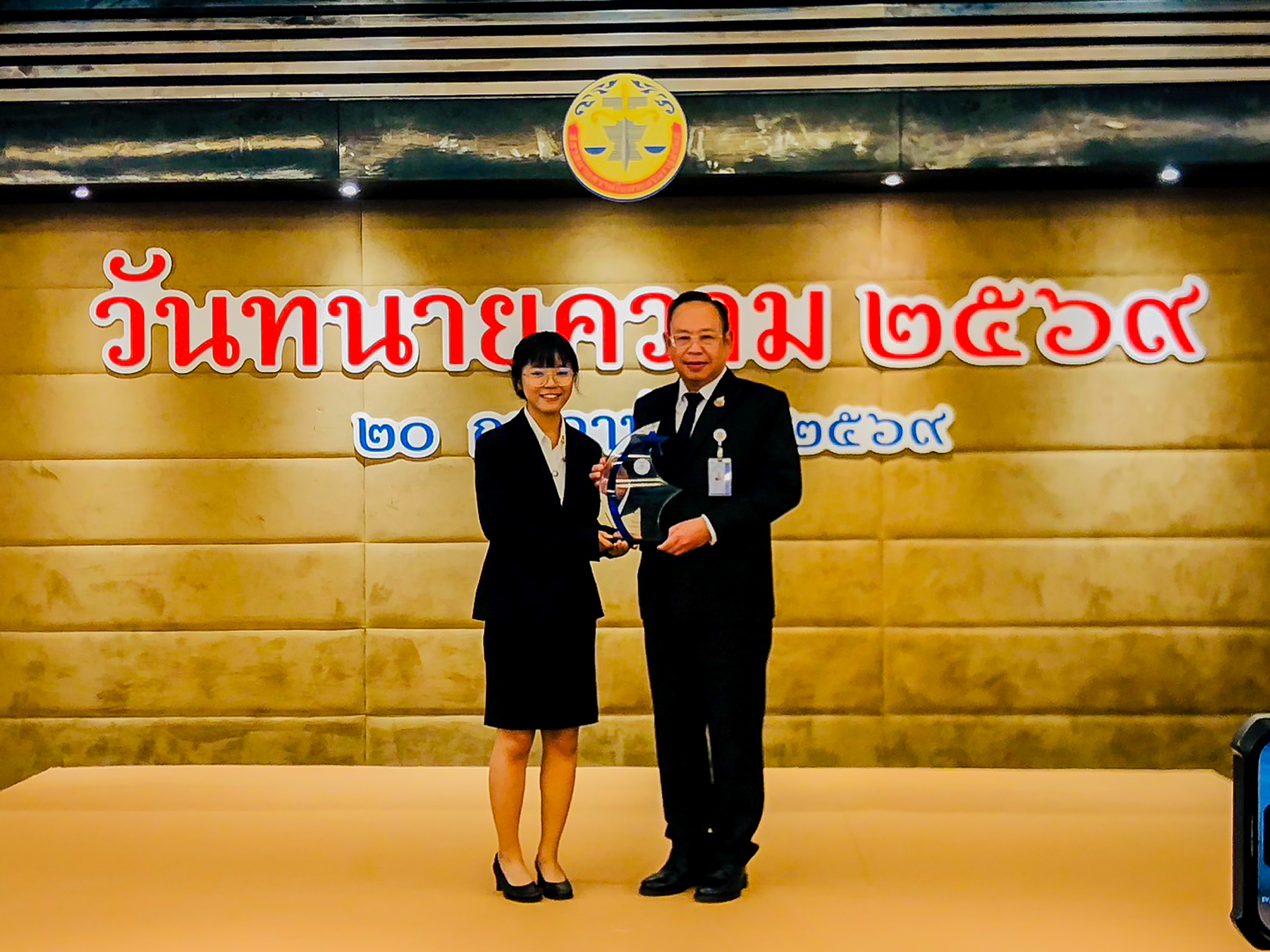Wang Hin Sa Village in Khanun Sub-district, Nong Na Kham District, Khon Kaen Province, is one of the fishing communities located around Ubolratana Dam. Local households primarily rely on fishing and processing fish into fermented products such as pla ra (fermented fish), pla som (sour fish), and other fish-based goods, sustaining their livelihoods through community enterprises. However, this way of life comes with a challenge: the disposal of fish residues. Each household produces over 100 liters of fish waste every 3–4 days, which often ends up in nearby waterways due to the lack of proper waste management, creating foul odors and pollution that affect the entire community.
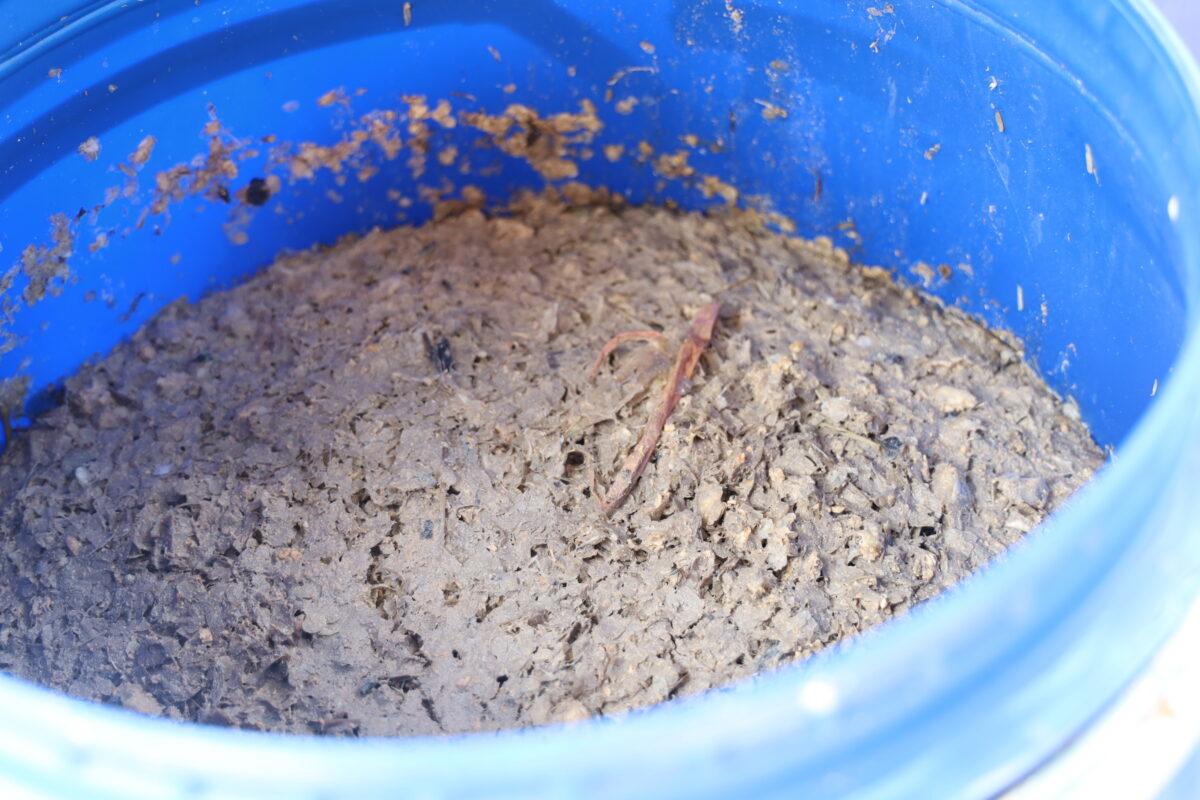
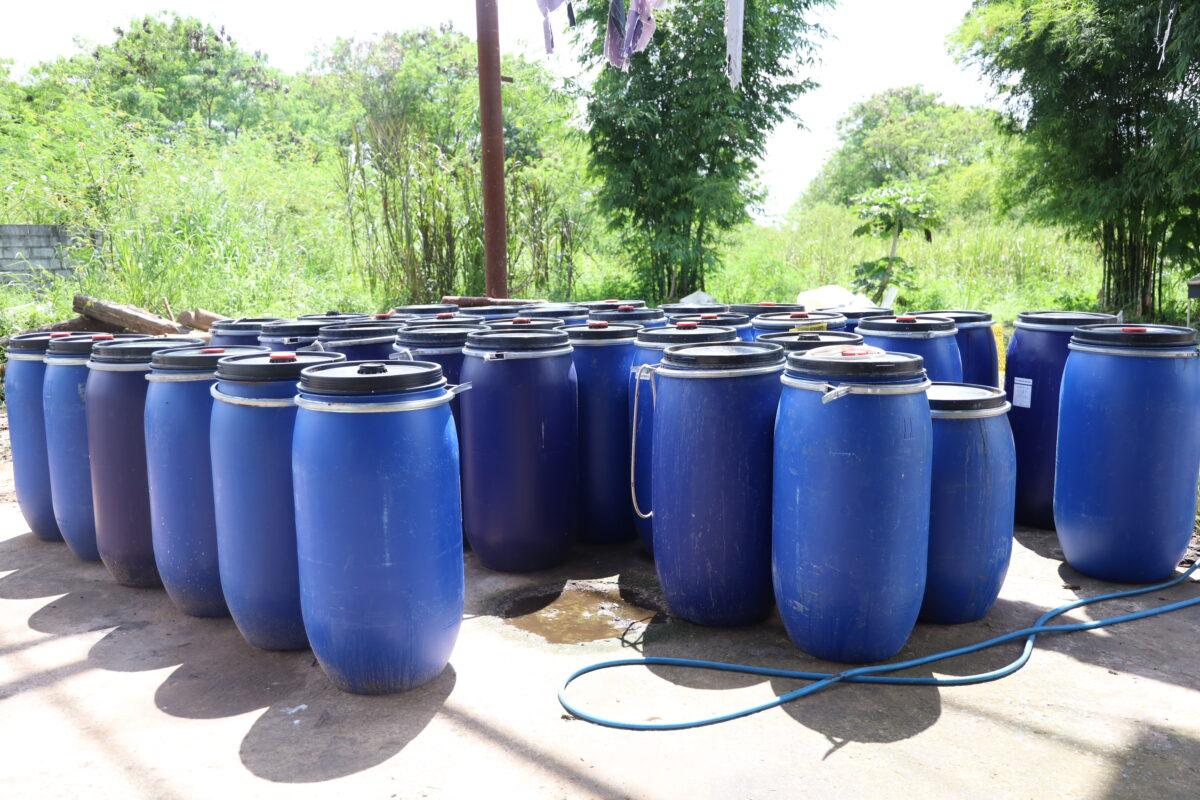
Recognizing that this environmental problem could instead be an opportunity, Assoc. Prof. Somporn Ketsaikaew, Acting Deputy Director of the Coordination Center of the Royal Initiative Projects at Khon Kaen University, and his team began working with the community. They saw potential in transforming fish residues into value-added resources.
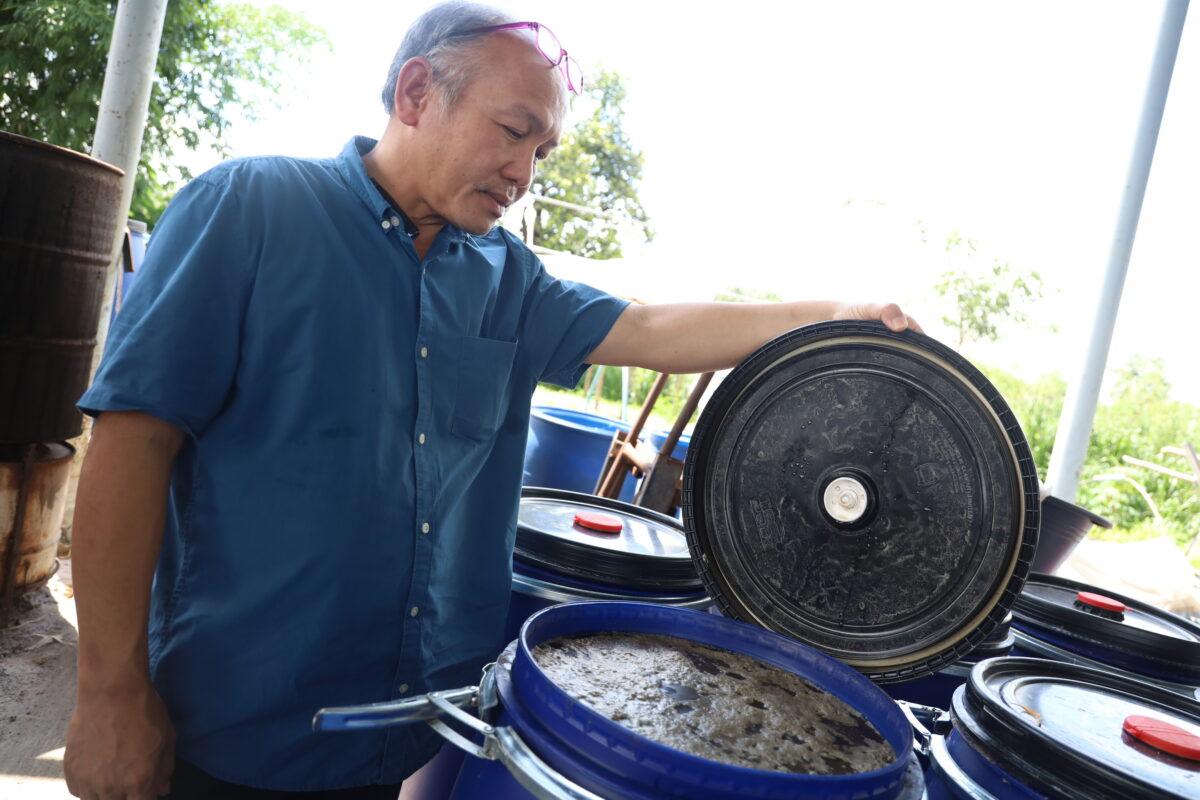
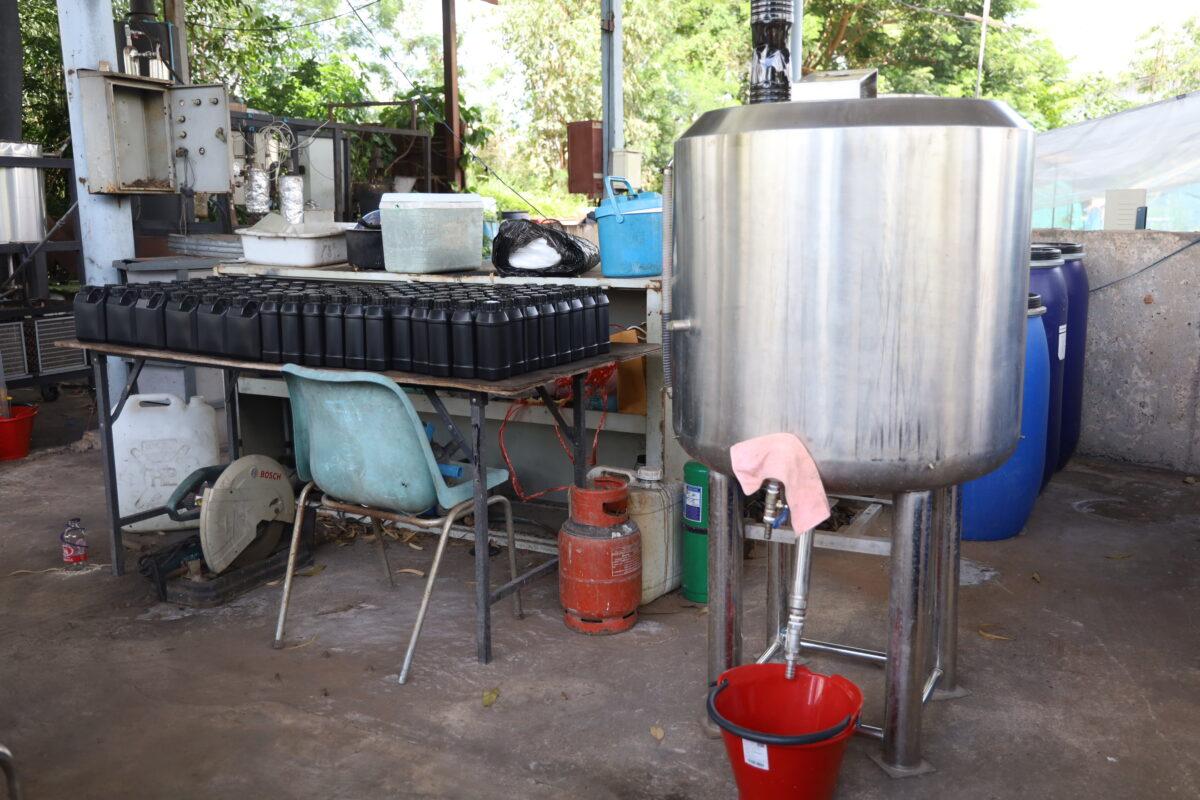
From this concept, the Coordination Center for the Royal Initiatives, in collaboration with the Agricultural Machinery and Postharvest Technology Research Center, Khon Kaen University, initiated a service project that developed into “BIONOURIX” (Organic Liquid Plant Stimulation). This innovation not only addresses the fish waste problem but also creates new benefits for farmers.
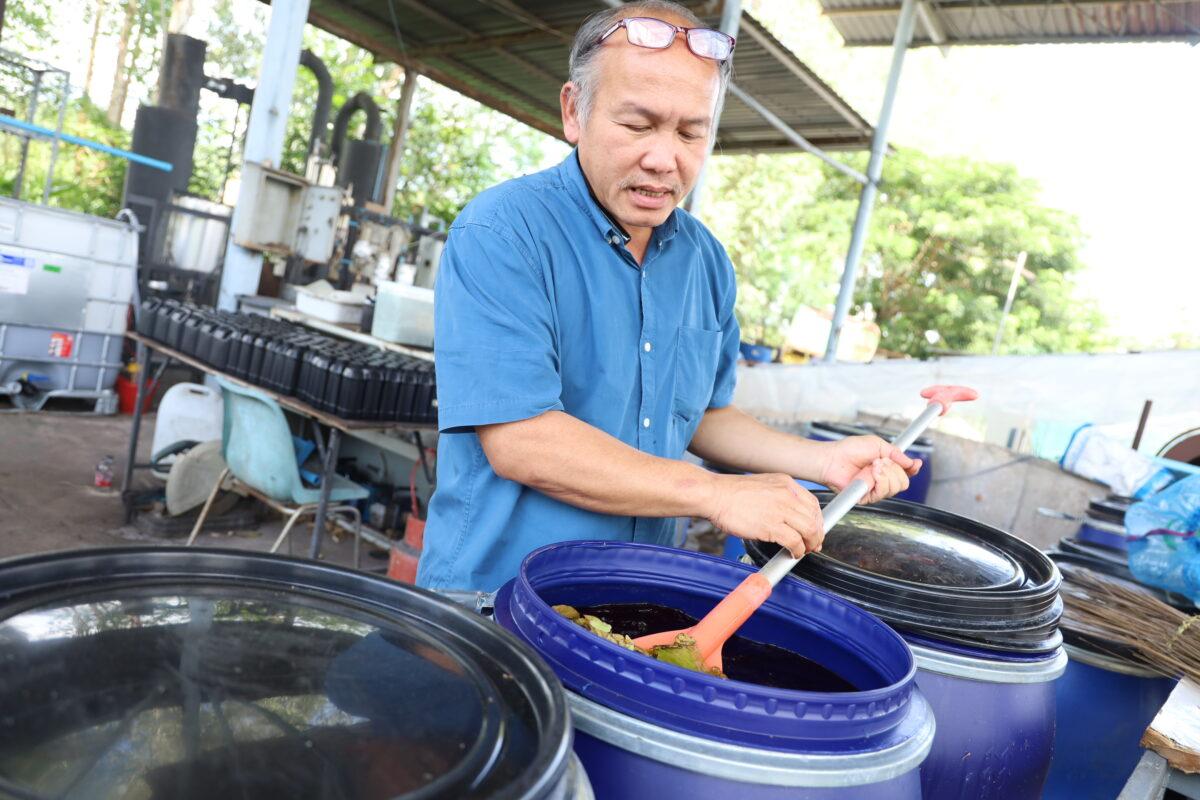
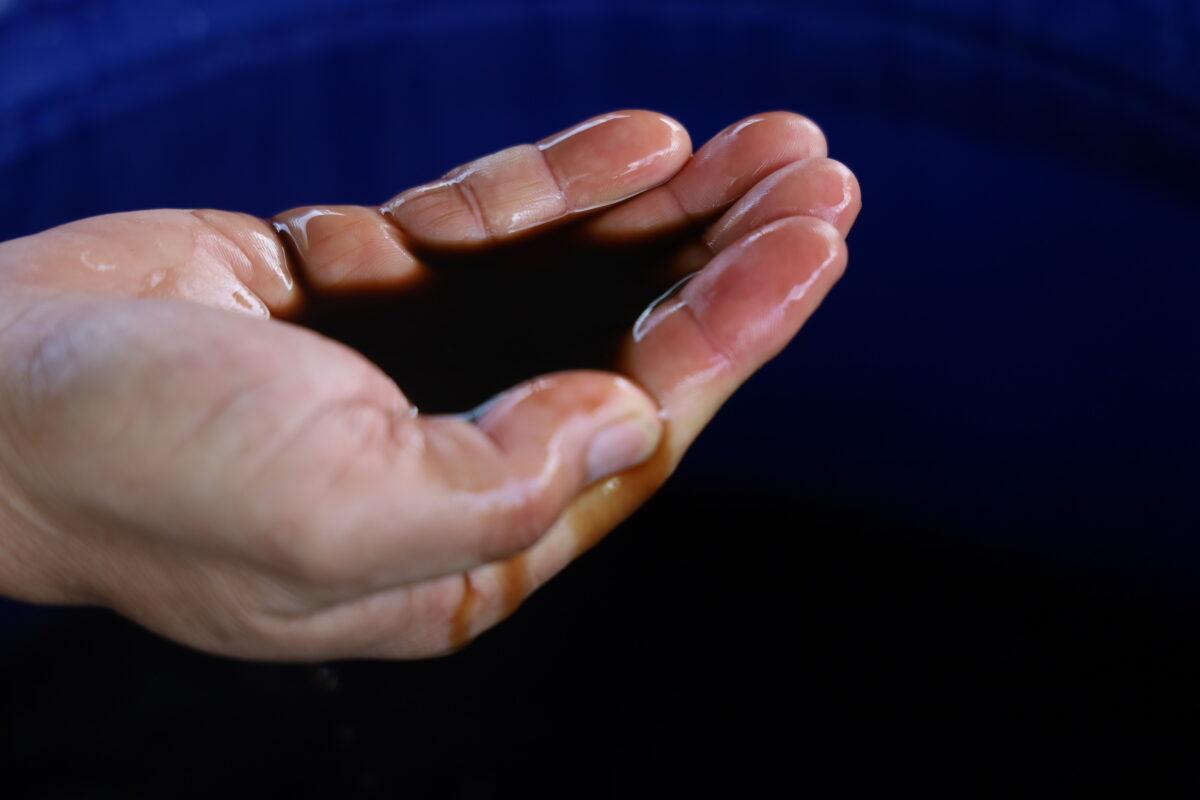
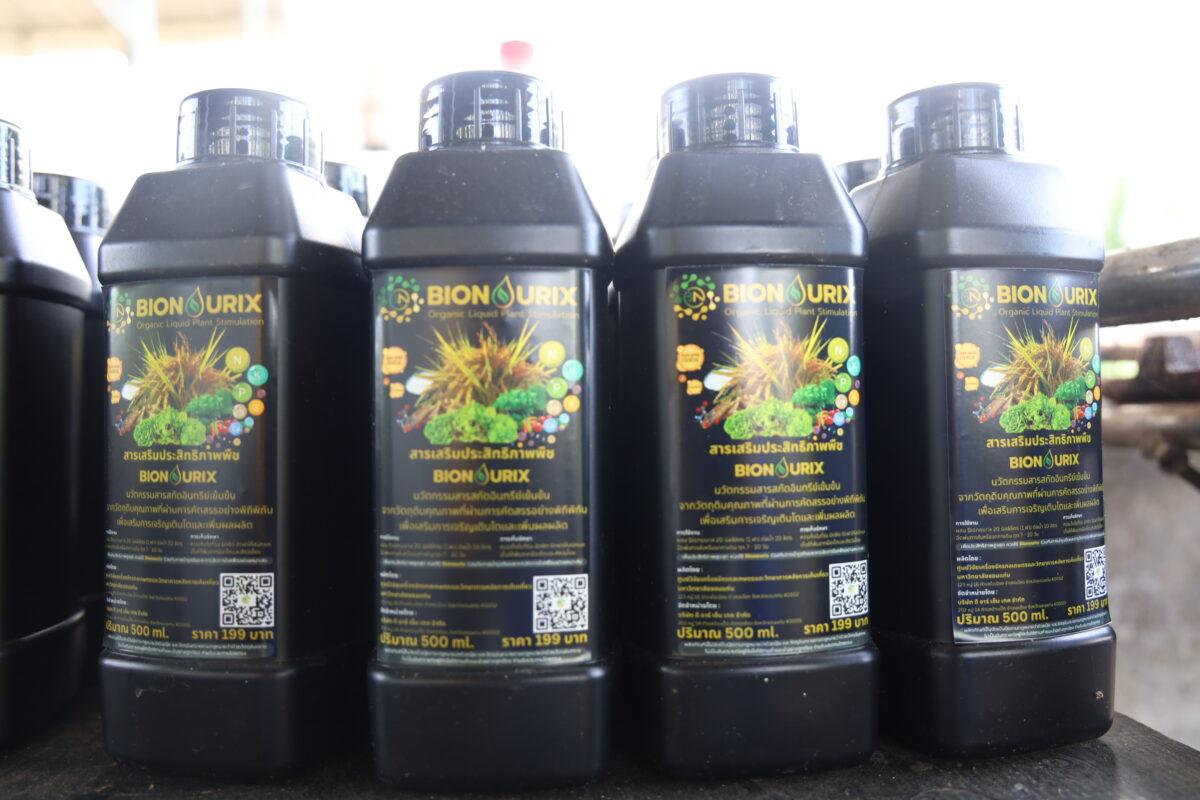
BIONOURIX is produced under a 100% Zero Waste principle. The process involves bio-decomposition of fish residues combined with added microorganisms, essential nutrients, secondary nutrients, and phytochemicals extracted from local plants. These compounds strengthen plant immunity and act as antioxidants, resulting in a completely safe, eco-friendly, and standard-compliant plant stimulant.
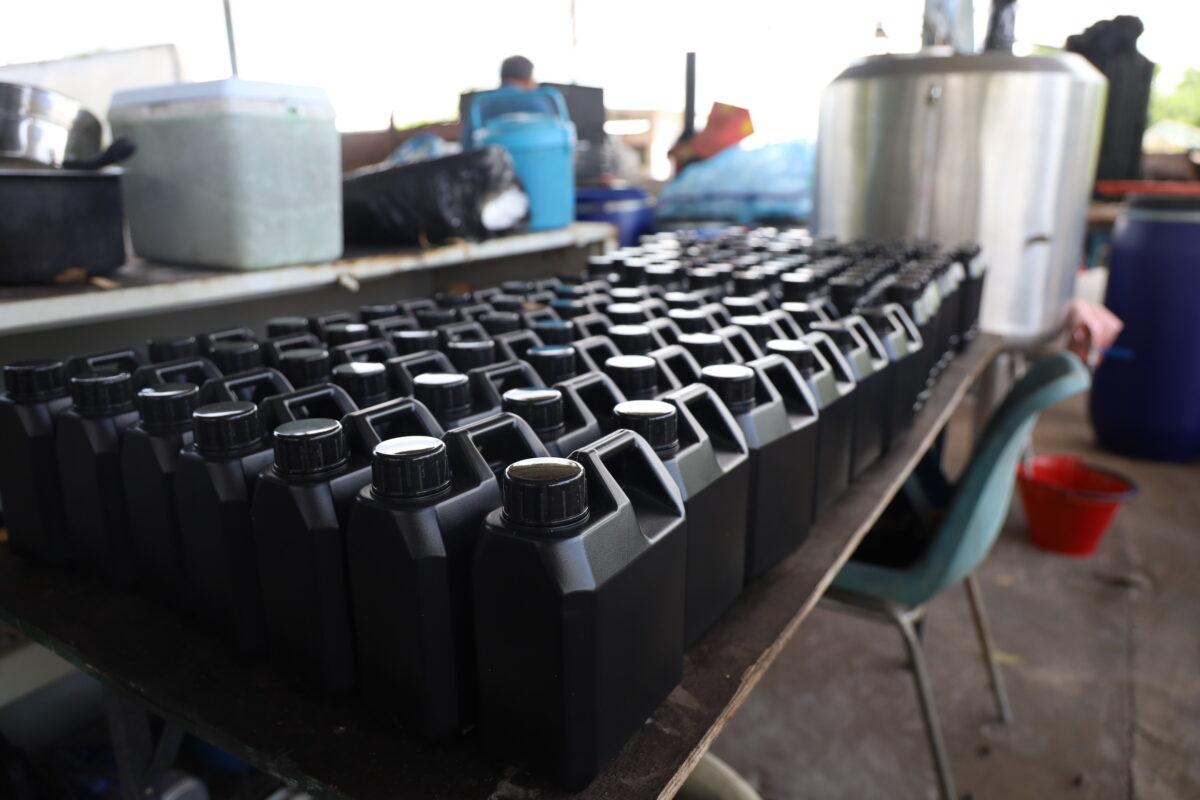
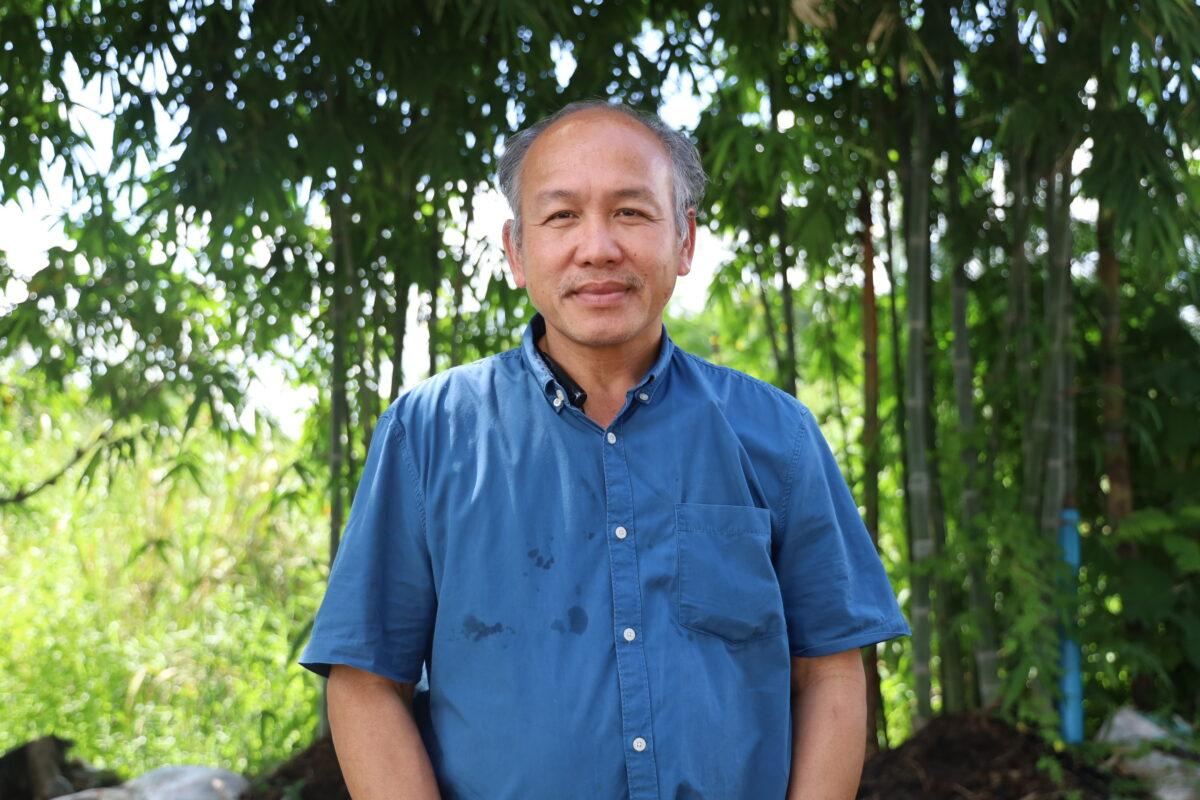
Field applications on kitchen gardens and cash crops such as cassava, sugarcane, watermelon, banana, papaya, and other vegetables have demonstrated promising results. Plants treated with BIONOURIX grow stronger, develop better resistance to pests and diseases, and thrive even in saline or degraded soils. The solution is easy to use: simply dilute 20 milliliters of BIONOURIX in 10 liters of water and spray every 7–10 days.
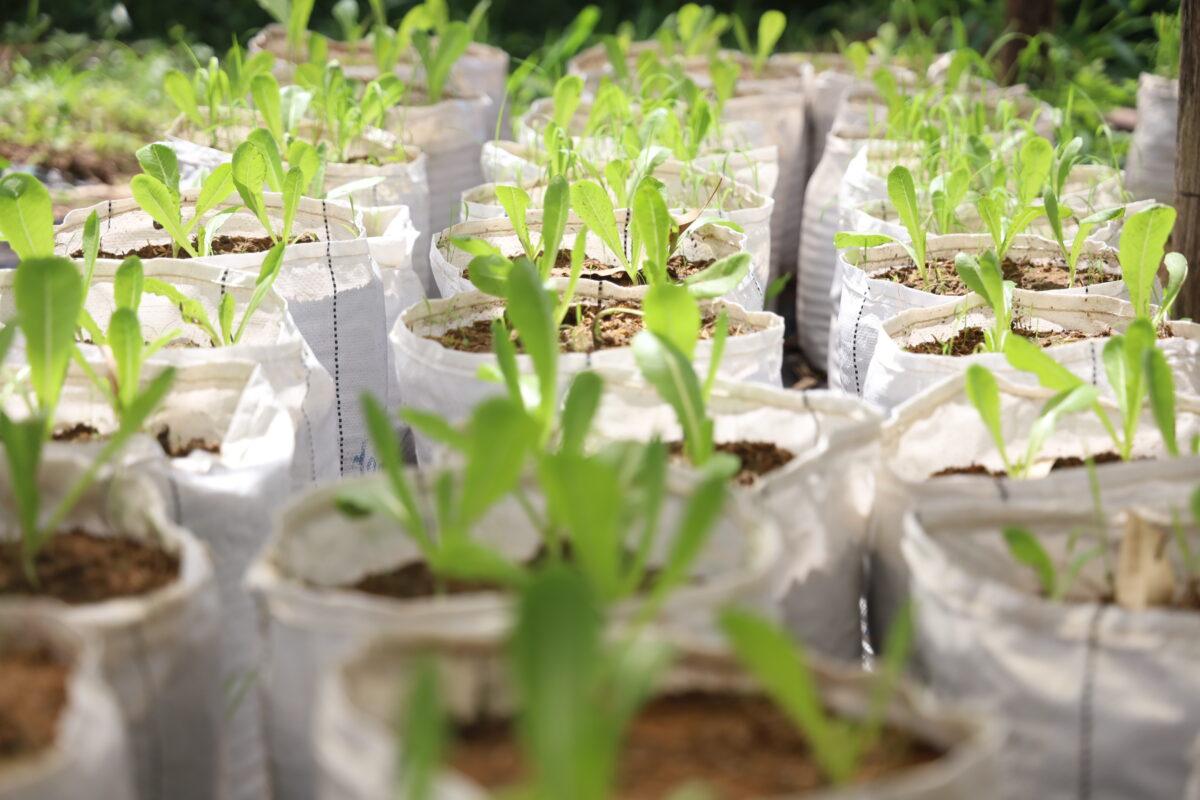
Assoc. Prof. Somporn explained that the development of BIONOURIX has taken over a year and has already been distributed to agricultural networks and Young Smart Farmers for field trials. The positive feedback confirms its potential for both environmental and economic benefits. “The most important goal is to pass on this knowledge to the younger generation. We want them to see that waste can be turned into value, reducing fertilizer costs, generating income for communities, and inspiring more people to join in advancing this innovation at the grassroots level,” he emphasized.
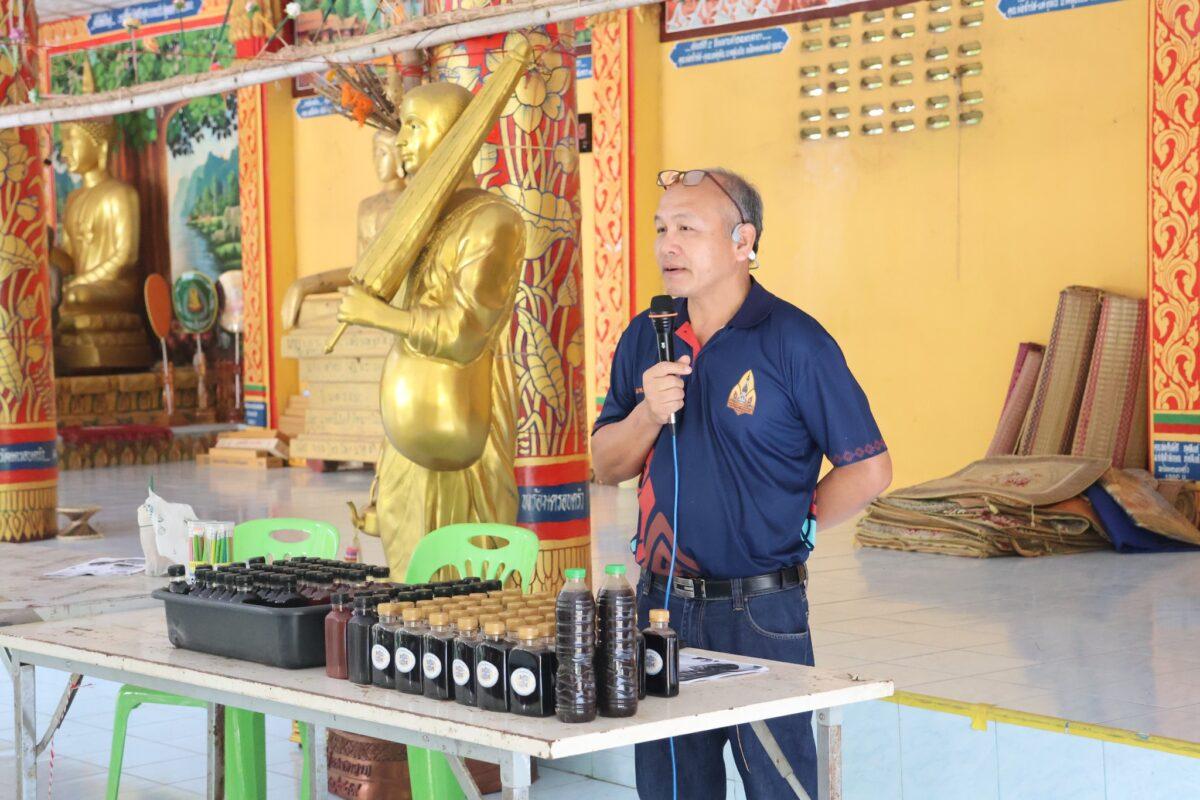
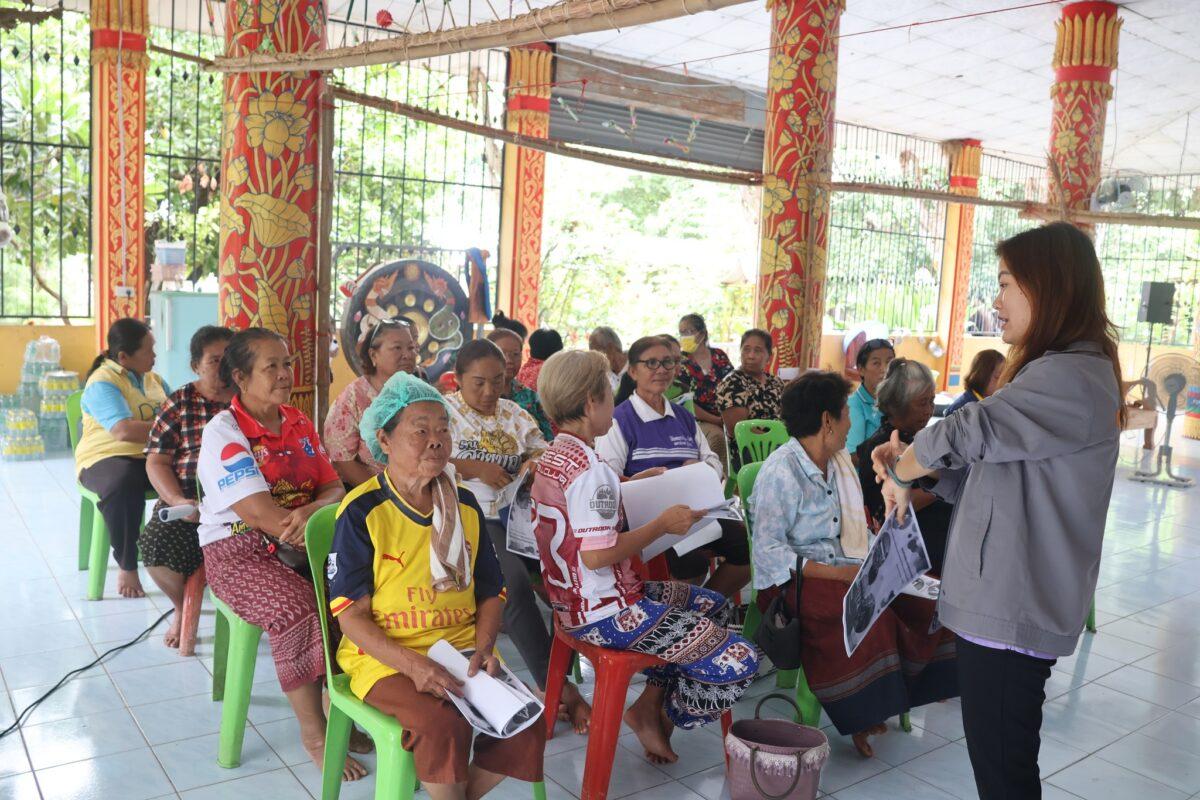
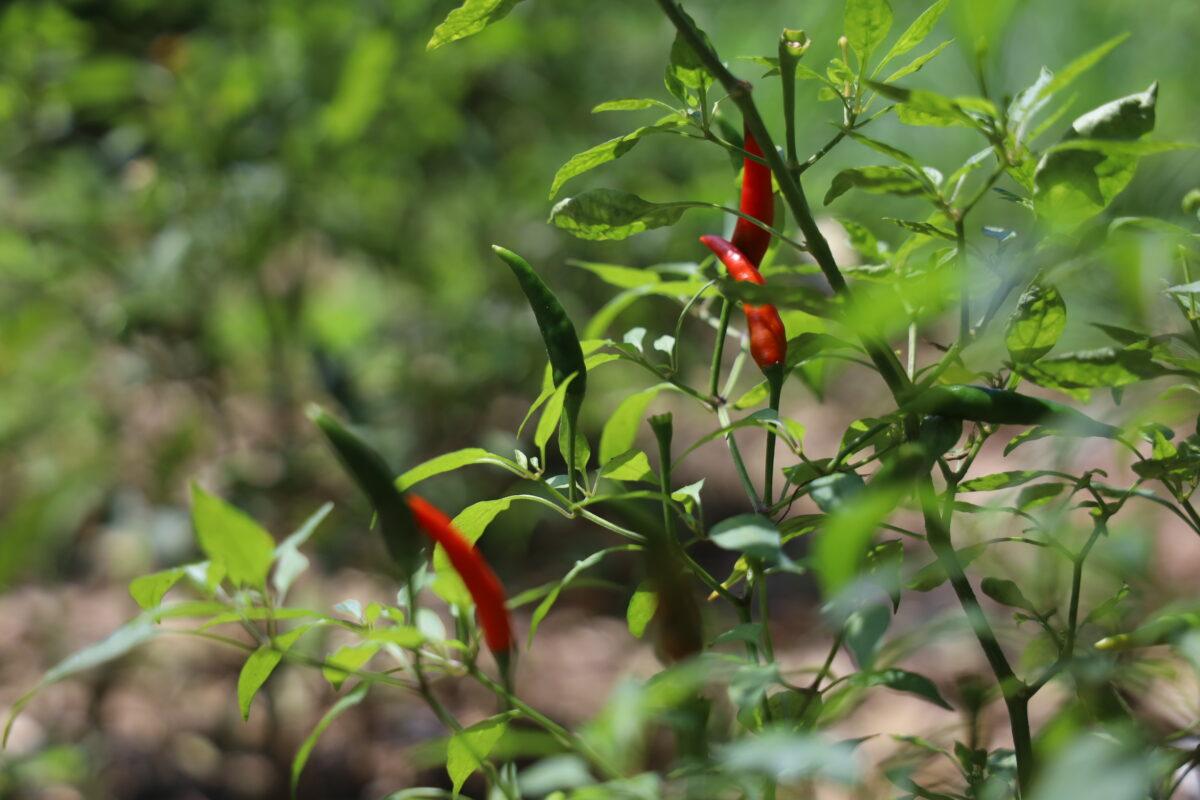
What was once a pressing waste problem is now being transformed into a sustainable solution that enriches plants, mitigates pollution, and revitalizes community life. With greater financial support, the production system and innovation could expand further and benefit a wider range of communities.
For more information, please contact the Coordination Center for the Royal Initiatives, Khon Kaen University, or the Agricultural Machinery and Postharvest Technology Research Center, KKU, via Facebook.

